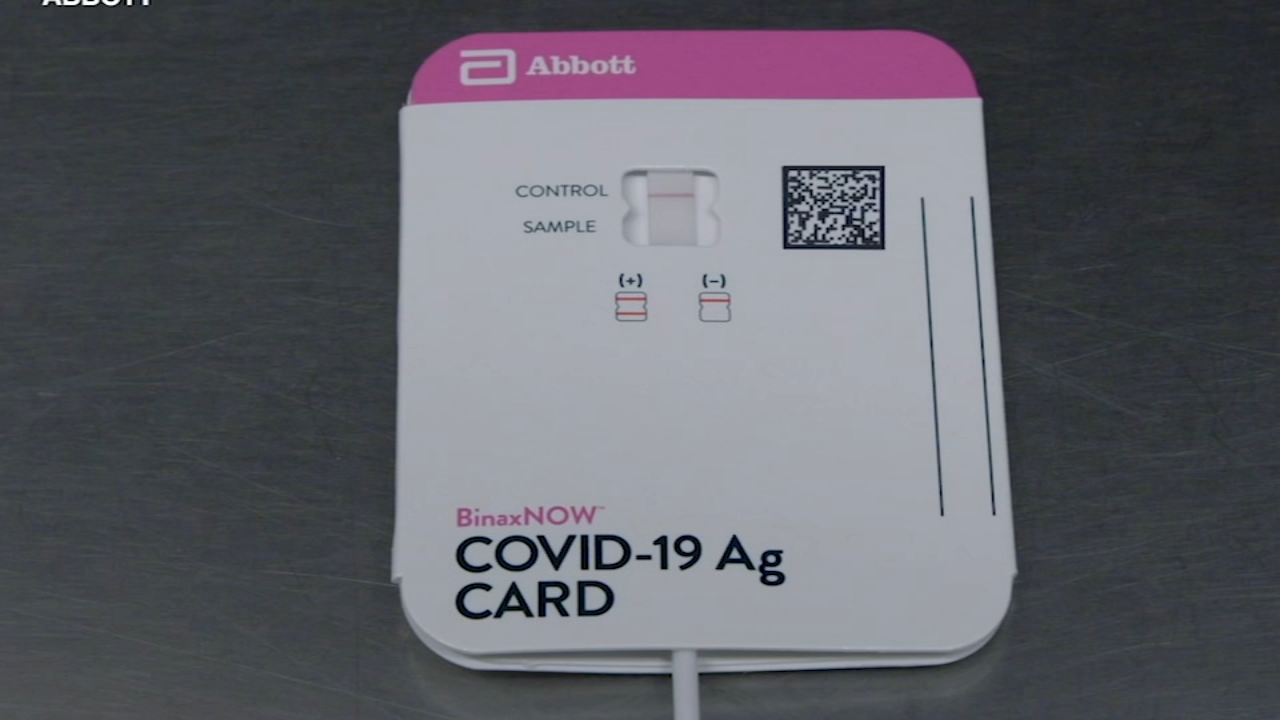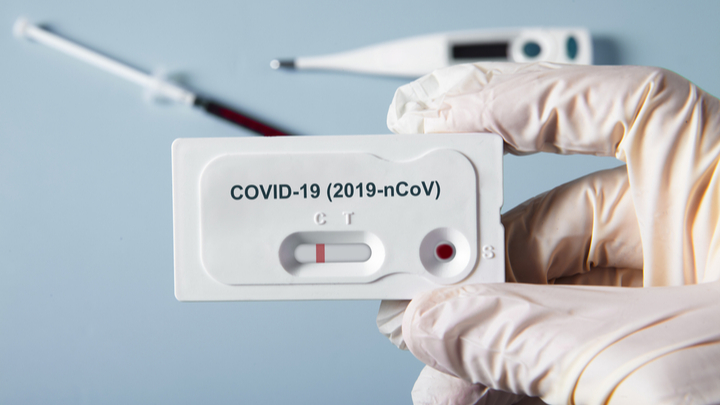

However, the RT-PCR accuracy is more than 90 per cent when correctly done and the patient is symptomatic. Rapid tests are approximately 60 per cent accurate in patients without symptoms and around 70 per cent with symptoms. "The Tata MD Check Omisure test works by detecting simultaneous S-Gene Target Failure (SGTF) and S-Gene Mutation Amplification (SGMA) which points to infection by Omicron," he says. "The only method to find the variant responsible for the infection would be genome sequencing," Anand says.ĭr Jessani says there is only one Indian Council of Medical Research-approved RT-PCR 3 gene test that can detect the Omicron variant. While an RT-PCR test cannot give any information on the kind of variant that may have caused the infection, it has been able to accurately detect the virus caused by any variant, including Omicron. RT-PCR test studies the ribonucleic acid (RNA) genome in the sample and detects the genetic component of the virus to present a more accurate result.ĭr Vasunethra Kasargod, Consultant Pulmonologist and Chest Physician at Manipal Hospitals Millers Road, Bengaluru, says RT-PCR (molecular testing) is considered the “gold standard” in Covid testing as it can diagnose the infection in asymptomatic individuals as well. What makes RT-PCR the ‘gold standard’ for Covid testing? "Covid self-tests are a bit behind in accuracy as the chances of a false-negative is much higher than in RT-PCR," he says. RATs are seen as efficient, but their accuracy is still debatable, says Dr Naganath Narsimhan Prem, Consultant-Department of Geriatric Medicine, Jaslok Hospital. "A negative result means the test did not detect the virus or you may not have contracted it, but it does not rule out the infection," he explains. "Home kits are only advisable if people are using it for precautionary testing," he adds.ĭr Laxman Jessani, Consultant-Infectious Diseases at Apollo Hospitals, Navi Mumbai, says self-test shows a false-negative result in 25-30 per cent of the cases. While home-testing RAT kits are extremely convenient to use, Dr Vikas Maurya, HOD and Director-Pulmonology at Fortis Hospital, Shalimar Bagh, says they are less reliable than gene testing, and can give a false-negative or even a false-positive result.Įxplaining the false-positive result, he says it is extremely uncommon, but one in 100 or more tests may show this result due to the detection of certain proteins.Īdding to the discussion, SRL Diagnostics CEO Anand K says RATs can give a false sense of security to patients when it gives false-negative results.

Most rapid antigen tests are conducted using nose swabs, and the results are out in just 15 minutes.


 0 kommentar(er)
0 kommentar(er)
